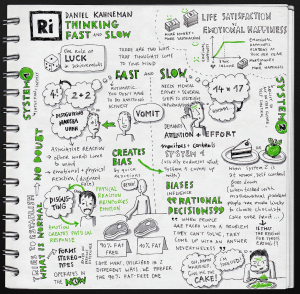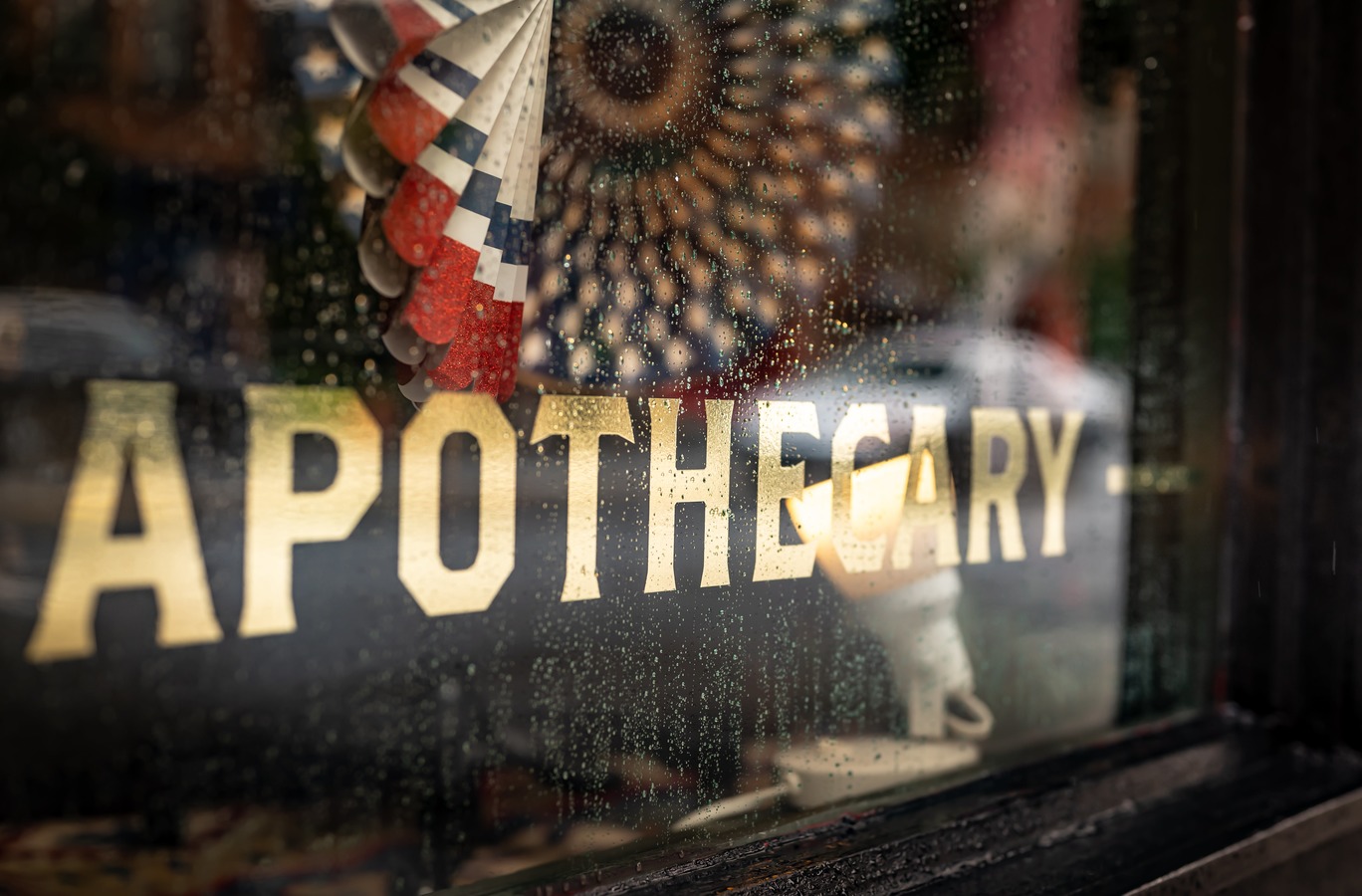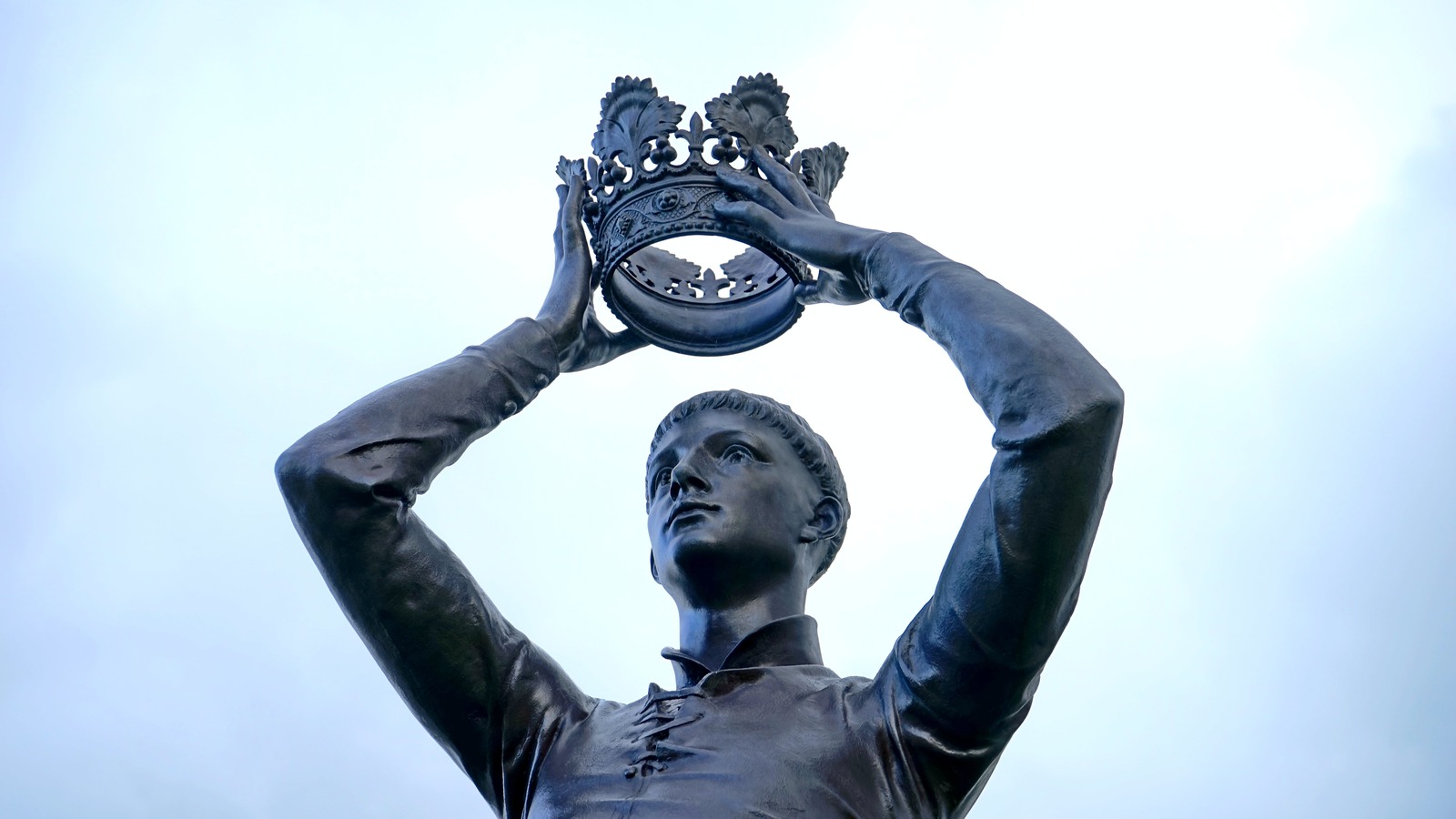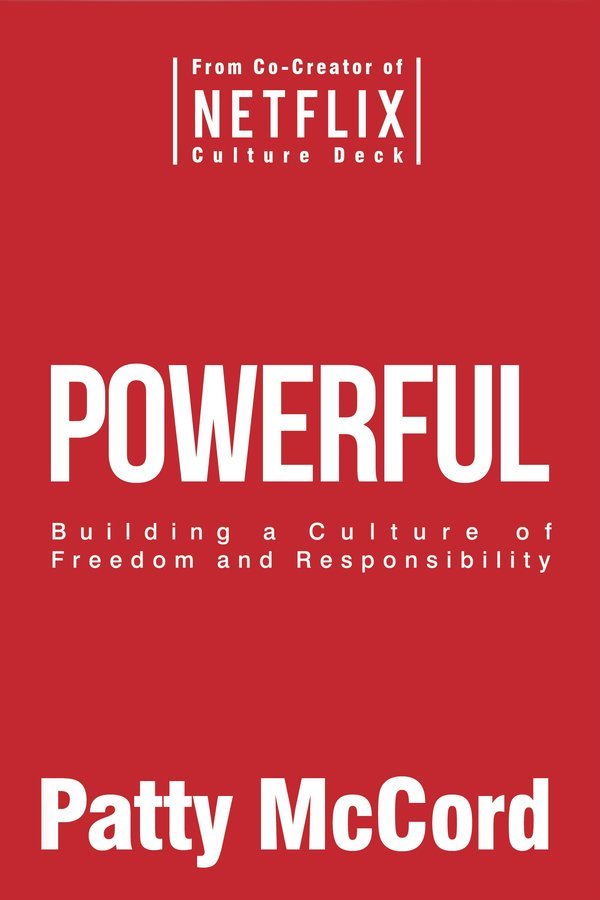It is so easy to focus on the hard aspects of change that I wanted to take a look at what can be, and feel, good about change too. It’s important to acknowledge that all things contain and are marked by change and that even bad change can lead to good (and, of course, good change can lead to bad).
Certain events (relationships ending, death, sickness) are almost exclusively seen as bad changes but you will also often hear stories involving these that are full of joy, hope and love. There is rarely a situation or a change that is purely and solely bad. And yet, all too often, we struggle to anticipate change positively, as all we can see are the things that we will lose. Daniel Kahneman discusses the often irrational impact of loss aversion on people’s choices in his Nobel Prize-winning work “Thinking Fast and Slow“, a book about the work he undertook with Amos Tversky. We literally cannot fully imagine or experience the positives we may gain as we are yet to experience them. Our brain lets us down and sends us back to the familiar, as this is what we know, even when change is in our best interests. Understanding the reflexive behaviours of our brain, and knowing – fully knowing – the difference between fast, reflexive ‘System 1’ thinking (Kahneman’s term) and slow, considered, intentional ‘System 2’ thinking is really important and immensely helpful. I encourage you to take a look at Kahneman’s very readable and engaging book, or at least this interesting, visual summary.

So, what can be good about change? Well, change can open up opportunities. Change can lead to learning and evolution in our awareness and understanding. Change can bring new ideas, people and experience into our lives. Change can lead to all sorts of unknown adventures. Often, when we look back on our own lives, we see that a change we feared or hated did, in fact, lead to a positive place. By reflecting on change that has happened and that worked out okay in the end we can, I think, begin to see that even things that seem terrible or difficult at one time can also bring or lead to much joy.
Being aware that everything changes can also help us be more grateful and more aware of what we currently have: it can make us take things less for granted.
My recent reading on scarcity and abundance has shown me that whenever we have an abundance of something (time, money, love, happiness with our weight/appearance) this often leads to behaviours, some conscious, some less so, that then undermine the abundance. The most familiar example of this is perhaps time – as soon as we have ample time we often waste it, using the space to do nothing when, in reality, some activity amongst the space would help us to enjoy the feeling of having enough time for longer. I do this with work myself and also with my diet and money: I am much less careful with my diet and exercise routines when I feel happy with my appearance, and I am much less careful with my money when I feel as though I have enough. Both sets of behaviour inevitably lead to me feeling less comfortable with my appearance and my finances. And so the cycle of gain and loss/scarcity and abundance begins again.
It is the care-taking that tends to stop when we assume something is ‘sorted’ – we eat less well and carefully when we feel healthy enough; we take less time and effort with a partner when we believe they are ‘ours’ or ‘fixed’ in a role; we take less time and care with children we expect to see again every day. Recalling the constant nature and act of change can pull us gently back into the present and to an appreciation of all that we have and enjoy right now.
I also believe that life knows best. I believe that change happens because we do not really know what we need, and that the initially often subtle whispers of change are always there, but, as we continue to ignore or avoid them, those whispers become much less subtle. Change is how life lets you know what it is that you need, as opposed to what you want. Borrowing from Rainer Maria Rilke: “Life is always in the right“; or, in the immortal words of Jurassic Park‘s Ian Malcolm: “Life finds a way“.
Hence, I gently encourage you to take some time and consider: what changes might you assume are bad – no more intimacy/no more sex/no more friendship/no more health – and what could these changes open you up to? What change have you experienced and what positive things also came out of them? Meditate upon this and the gains you made when you feared only loss, and this can help you on a journey towards seeing change as an excellent thing.



















